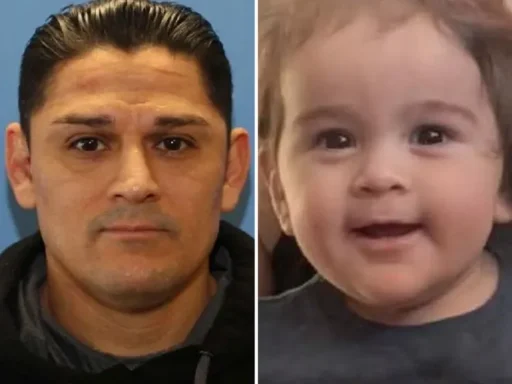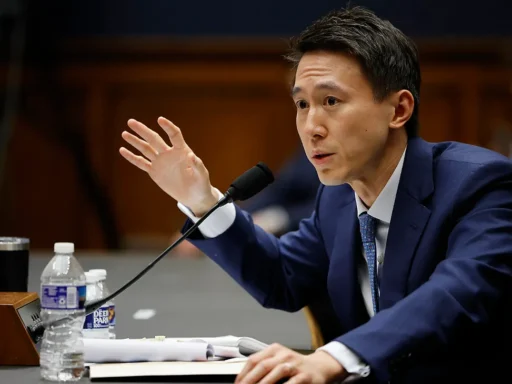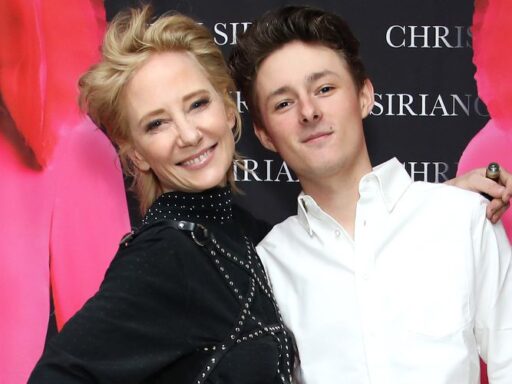
Earlier this year, the estate of the late Anthony Barre — aka Messy Mya — filed a lawsuit against Beyoncé for copyright infringement (among other claims).
The estate acknowledges that Messy Mya’s voice is heard saying “What happened at the New Orleans,” “Bitch, I’m back by popular demand” and “Oh yeah baby, I like that” on Beyoncé’s “Formation” and it’s alleged that Bey used his voice without permission.
His sister, Angel Barre, claims the samples infringe the rights in two works of her brother’s performance art, “A 27 Piece Huh?” and “Booking the Hoes from New Wildings.”
A Louisiana federal judge denied Beyoncé’s motion to dismiss the copyright claim on fair use grounds.
via THR:
At this stage facts alleged by the plaintiff are taken as true, and U.S. District Judge Nannette Jolivette Brown found that Barre has made a case that Beyonce’s use of the clips was not transformative and that, although the samples were short, it was a “qualitatively significant” use. She also notes that a motion to dismiss for failure to state a claim, like this one, is “viewed with disfavor and is rarely granted.”
“Plaintiffs have plausibly alleged in their complaint that Defendants did not change or alter the ‘expressive content or message’ of Anthony Barre’s YouTube videos, but rather used unmodified clips without adding anything new,” writes Brown in a 66-page decision, which is posted in full below. “[T]he Court concludes at this stage of litigation that ‘the copyright law’s goal of promoting the Progress of Science and useful Arts’ would not be better served by allowing Defendants’ use of Plaintiffs’ copyrighted material without authorization or compensation than by preventing it.”
Brown also denied the motion to dismiss Barre’s false endorsement and Louisiana Unfair Trade Practices Act claims — but did dismiss the claim for unjust enrichment.
If the court denied the motion to dismiss, the defendants asked it to strike Barre’s request for statutory damages and attorneys’ fees under the Copyright Act and treble damages under the LUTPA. Brown denied the motion in its entirety, finding that Beyonce’s lawyers failed to show that Barre’s requests are “‘redundant, immaterial, impertinent or scandalous matter’ such that striking it from the record is proper.”
You can read the judge’s full decision here.





